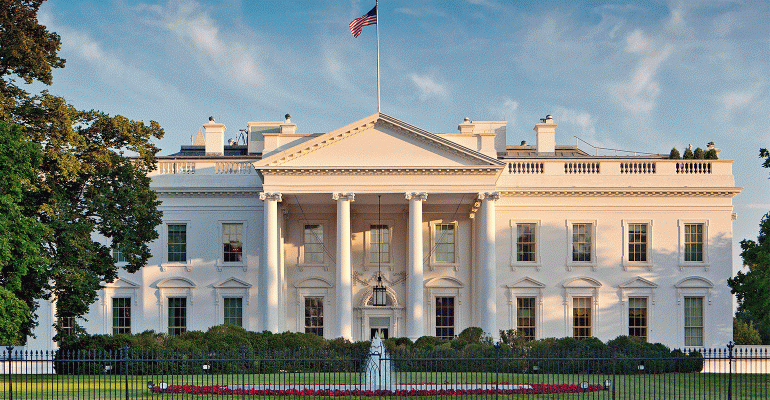The National Labor Relations Board-created joint employer rule is back on the table after President Biden vetoed the Congressionally-approved House Joint Resolution 98, which effectively overturned the joint employer rule that would make franchisees and franchisors equally liable for labor goings-on.
“The NLRB’s rule would prevent companies from evading their bargaining obligations or liability when they control a worker’s working condition — even if they reserve such control or exercise it indirectly through a subcontractor or other intermediary,” President Biden said in a message to Congress regarding the veto action. “If multiple companies control the terms and conditions of employment, then the right to organize is rendered futile whenever the workers cannot bargain collectively with each of those employers.”
The joint employer rule has undergone many revisions and both legal and congressional challenges over the last few presidential administrations. In 2015, during the Obama administration, the Browning-Ferris Industries decision set the standard for holding employers like franchisors legally liable for upholding labor standards and regulations, even if the parent company only had “reserved and indirect control” over the employees.
In 2017, that rule was overturned during the Trump administration, and in 2020, the joint employer rule was replaced by a new one that did not hold franchisors responsible for franchisees’ adherence to labor rules and regulations. The current rule, which was created in the Biden White House, is most similar to the 2015 rule, but with more parameters and points of clarification as a response to the criticism against the 2015 rule’s broadly-sweeping jurisdiction.
Members of the business community and franchising associations have generally been against the newly broadened joint employer rule, which would add costs for franchisors and would lessen the scope of independence for franchisees.
The scope of this veto comes into question, however, as a U.S. federal judge in Texas blocked the broadened National Labor Relations Board joint employer rule in March, which the NLRB is expected to appeal.
“The House and the Senate came together to pass a resolution that supported small business restaurant owners across the country, so it’s disappointing that the president chose National Small Business Week to veto it,” Sean Kennedy, executive vice president of public affairs for the National Restaurant Association, said in a statement. “A recent court decision rolling the Joint Employer Standard back to the 2020 rule means that today’s action won’t negatively impact restaurant owners, but there’s still uncertainty every day that another wrenching change to the Standard is just around the corner.”
Congress will need a two-thirds vote in both the House and the Senate to overcome the presidential veto.
Contact Joanna Fantozzi at [email protected]




